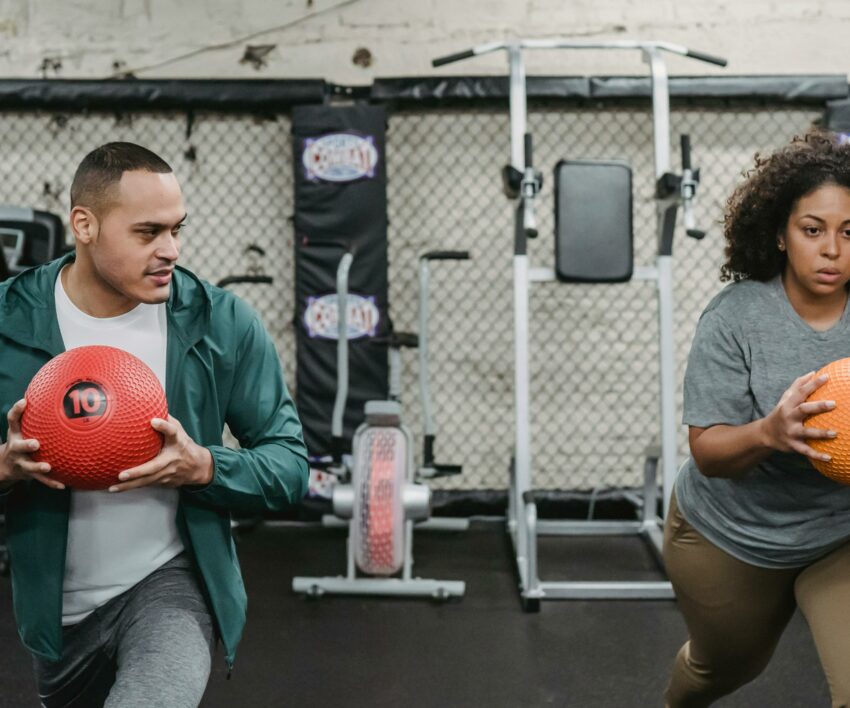
As we embark on our fitness journey, we tend to target certain parts of our body. Knowing what areas you are targeting is important, as it will ensure you reach your weight goals quicker.
According to the Health Hub, people who are overweight or underweight often place a higher priority on their physical health, but it’s important to recognise that these disorders are real problems rather than just confusing roadblocks, while these situations are often complex, dealing with them can help clarify the optimal ways to approach exercise and improve one’s general health.
The above-mentioned source advises what you should do if you want to lose or gain weight:
If you want to gain weight, you should:
- Focus on mass gain first for those lacking muscle mass to improve appearance and strength.
- Beginners with less muscle mass may struggle with calorie deficits and a slower metabolism.
- Improved muscle tone, reduced fat water retention, and improved exercise competence can enhance appearance while gaining weight.
- Deliberate weight gain improves strength and provides raw materials for joint and bone remodelling.
If you want to lose weight, do this:
- Start with a mild deficit for a specific weight or sport’s bodyweight category.
- This helps in adjusting over time, maintaining high energy levels, and ensuring lifestyle consistency.
- Account for the calorie cost of regular exercise with a small deficit to avoid feeling drained.
- Early dietary focus should be on food choices and quality.
- Calories should match goals, protein and vegetables should be prioritised, carbs should be proportionate to activity levels, and fats should be quality.
The InBody Hub states that disordered eating might be a result of weight loss aspirations. It is a better approach to concentrate on fat loss and healthy body composition since it promotes more physical activity and a healthier diet.




